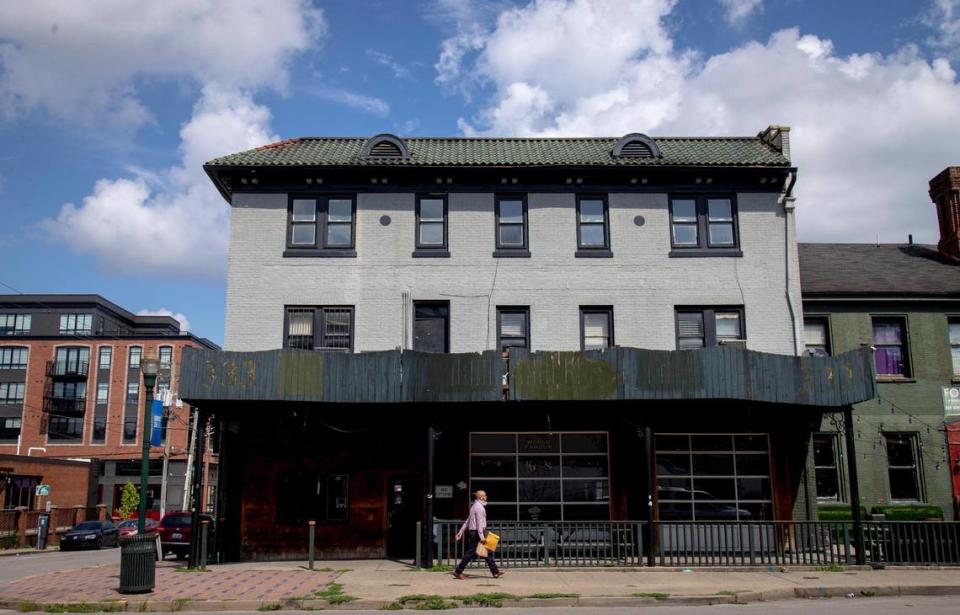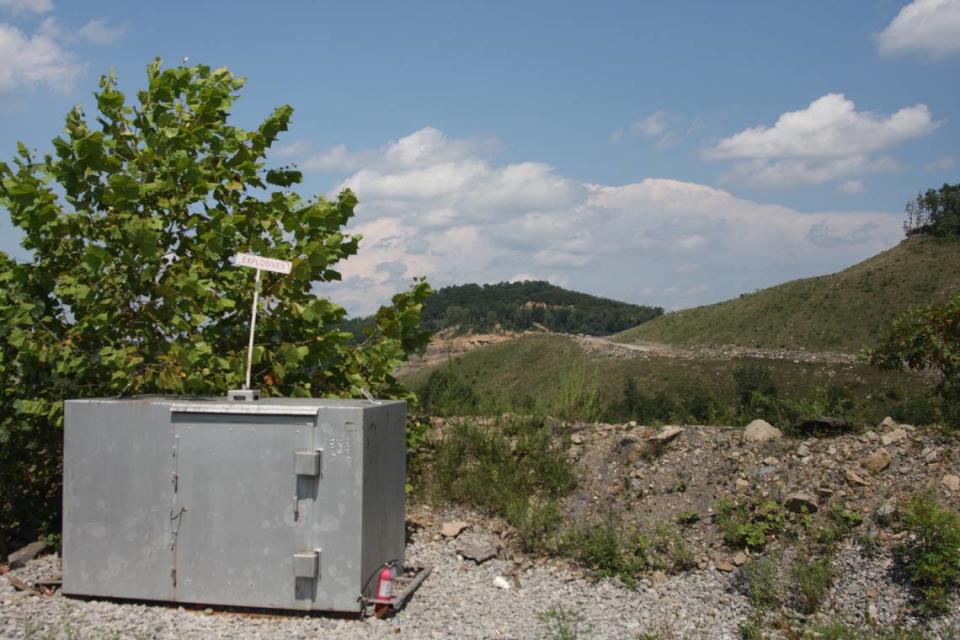AppHarvest becomes latest Kentucky company to file for bankruptcy. A look at others
Agriculture tech company AppHarvest has added its name to the growing list of Kentucky companies who have filed for bankruptcy.
In an announcement Monday, the company said it filed Chapter 11 and aims to reduce outstanding liabilities while keeping operations moving at its Kentucky farms, as well as shipping products.
The company launched in 2018 when founder Jonathan Webb had goals of building multi-acre greenhouses to alter the vegetable and fruit markets. It wasn’t until 2020 the first farm opened in Morehead, followed by others in Berea, Richmond and Somerset.
Shortly after, financial hardship hit when the company experienced major losses in 2021, starting its downward trend.
The Eastern Kentucky-based company isn’t the first of the state to file for bankruptcy. Fellow businesses in past years have succumb to financial troubles, as well. Here’s a look back at other prominent bankruptcies among Kentucky companies.
GenCanna
Winchester-based hemp and CBD company GenCanna filed for Chapter 11 bankruptcy in February 2020 after being forced by creditors. The company was estimated to have assets and liabilities between $100 million and $500 million.
The company was said to be one of the largest hemp processors and its bankruptcy put many jobs of Kentucky farmers at risk.
The industry seemed promising to many in Kentucky in 2018 after hemp was removed from the federal list of controlled substances by U.S. Sen. Mitch McConnell, allowing new and larger amounts of production to occur.
The market was growing at a steady rate and hit gross sales as high as $193 million in 2019 but shortly after it dropped to $43.5 million in 2021 driving many out of business.
Atalo Holdings
With a bankruptcy in 2020, Atalo Holdings joined others in the hemp and CBD business experiencing financial hardship. The Clark County-based company filed under Chapter 7 bankruptcy, meaning its assets were sold and used to pay debt to creditors.
The company’s trouble was predominantly caused by issues with capital. It was estimated to have liabilities between $1 million to $10 million and assets between $10 million and $50 million.
Two Keys Tavern
After being in operation for 66 years, Two Keys Tavern filed for Chapter 11 bankruptcy due to the coronavirus pandemic. The bar, located near the University of Kentucky at 333 S. Limestone, wasn’t able to reopen after three months of COVID-related closure due to lost revenue.

Two years later, the bar reopened at a new location at 380 S. Limestone, just 900 feet shy of the original location, and has been in operation since.
Cambrian Coal
One of Kentucky’s major coal producers filed for Chapter 11 bankruptcy in 2019 after acquiring large amounts of debt when purchasing other coal companies, followed by a decline in the thermal coal industry.
The company employed more than 600 people and had operations in Eastern Kentucky and Virginia. To liquidate its debts, the company auctioned off mines and assets virtually.

Blackhawk Mining
The Lexington-based coal company was yet another that filed for Chapter 11 bankruptcy after being established since 2010. During its time, the company was operating 19 underground mines and six surface mines located in Kentucky and West Virginia, but had to close 10 mines by 2016 to restructure its debt.
The company’s success led to it to shift its focus toward metallurgical coal, and it was later named one of the nation’s largest producers. This strategy was also the reason Blackhawk accrued large amounts of debt and led the company to bankruptcy.
Do you have a question about business in Kentucky for our service journalism team? We’d like to hear from you. Fill out our Know Your Kentucky form or email ask@herald-leader.com.
